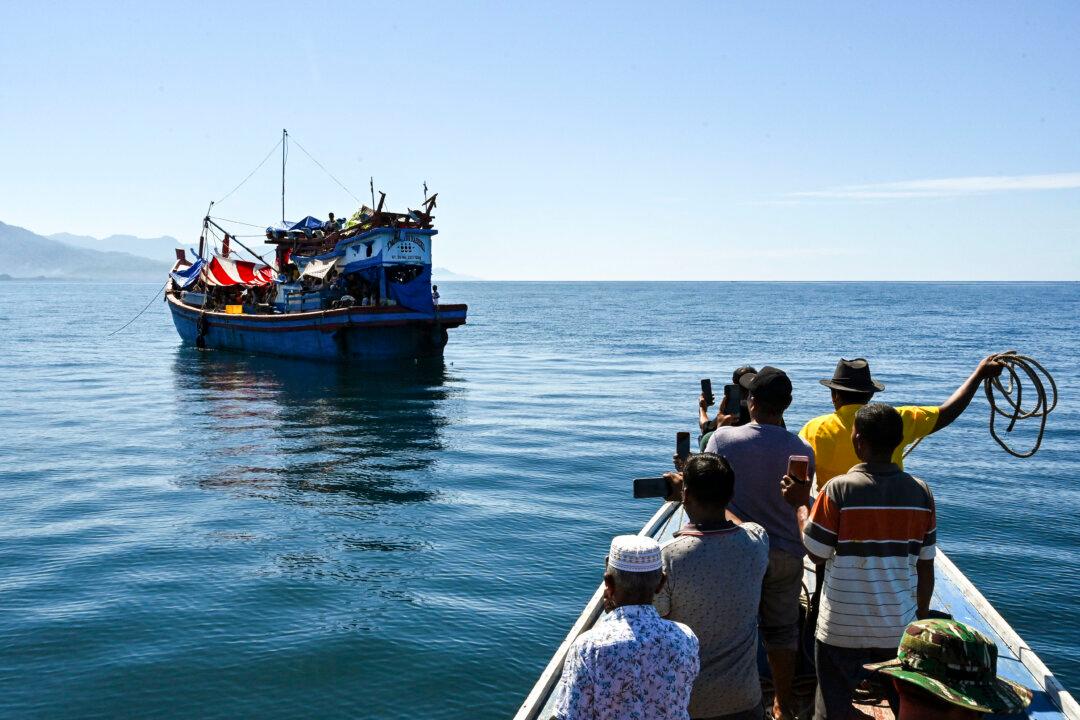Concerns around mass deportation have been ruled out following the introduction of new migration laws.
“There was some bizarre speculation ... that we’re about to deport 80,000 people,” Immigration Minister Tony Burke told Sky News on Dec. 1.

Concerns around mass deportation have been ruled out following the introduction of new migration laws.
“There was some bizarre speculation ... that we’re about to deport 80,000 people,” Immigration Minister Tony Burke told Sky News on Dec. 1.